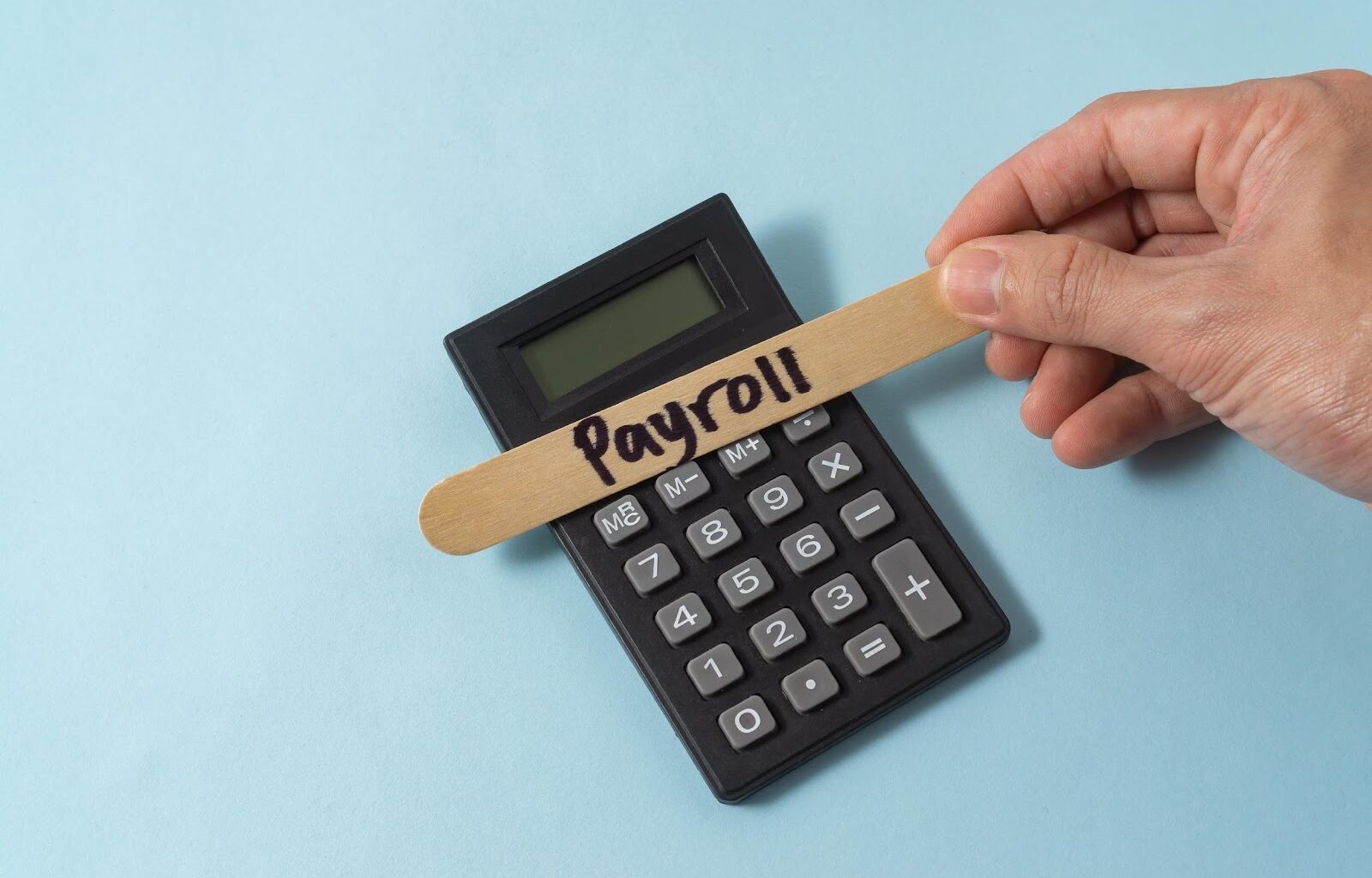Cash flow management is usually a juggling act for many small and mid-sized enterprises. One of the most essential commitments a business can have is to pay its employees on time. And that is where a payroll loan becomes very helpful.
In the payoff of seasonal sales crunches or delayed payments from clients, a payroll loan will maintain uninterrupted payments to your team. This guide will cover the payroll loan angle, its types, how to get one, and the situations in which your business might benefit from it.
What is a Payroll Loan?
A payroll loan is a short-term business loan that is given to meet payroll needs. It ensures employees are paid on time, at least temporarily, if the business is having cash flow issues that could be addressed in the short term. These loans shouldn’t be considered for long-term financing of operations but rather as a stopgap until income is received or until a more permanent solution can be found.
Unlike general-purpose, long-term business-type loans, payroll loans have a very narrow use and, by charter, should have faster approvals. Most lenders disburse funds at lightning speed on the grounds that payroll funding is core to the ongoing operations of a business.
Why Do Businesses Use Payroll Loans?
Business houses melting due to crunches in cash flow do exist. Seasonal businesses may have high payroll needs during busy months but also undergo lean spells during off periods. A major client’s delayed payment might just terrify the payroll schedules. A payroll loan then would become the safety net.
Types of Payroll Loans
There are different types of payroll loans available according to a company’s size, revenue, and credit profile.
Short-Term Business Loans: These are conventional short-term business loan repaid within a few months to a year. They grant funds in short order and can be directly applied toward payroll.
Business Line of Credit: It is a revolving credit facility wherein a company draws funds as they are needed; for uncertain payroll needs, it is ideal.
Merchant Cash Advances: These provide quick capital but at a very high cost. The businesses repay the advance through a percentage of their daily credit card sales.
Invoice Financing: If your business is still awaiting payments by way of invoices, you can use invoice financing as an instrument for borrowing against the amount due so that your payroll does not get delayed.
Payroll Advance Loan: Some lenders specifically offer payroll advance loans—small, short-term loans used solely for meeting employee salary obligations.
Each variation comes with its advantages and disadvantages relative to cost, speed, and requirements. The correct one for you really depends on the laser-sharp creditworthiness of your company and the answer to how urgently you want money.
Where to Buy Payroll Loans
These days, it has become easier and easier to locate a payroll loan because of this proliferation of online lending platforms. Following are some familiar sources:
Online Lenders: These include platforms that specialize in quick business loans. They offer a range of loan products, including lines of credit and short-term loans.
Traditional Banks: Might require an applicant to present some documentation beyond what the applicant is willing to provide.
Credit Unions: These community-based lending institutions may offer higher-flow rates for small businesses with existing accounts.
Alternative Lenders: With minimal documentation and quick disbursal, Fintech companies today offer an attractive solution to immediate payroll issues.
When selecting a lender, it is prudent to compare interest rates, repayment terms, fees, and customer reviews to safeguard your interests.
How to Qualify for a Payroll Loan
One becomes eligible for a payroll loan based on some factors, which include:
Credit Score: Both personal credit scores and business credit scores are considered. A higher credit score will result in better loan terms.
Revenue: Proof of a consistent revenue stream is required by lenders so that they may gauge the possibility of loan repayment.
How Long in Business: Most lenders prefer businesses that have been functioning for at least six months to a year.
Payroll Records: A good payroll loan will require you to supply proof of average payroll expense and frequency.
Online payroll loan applications usually take only a few minutes, and the deposit can hit your bank account within 24 hours of approval, though some lenders may take a bit longer.
Read more on:Business Loan Agreements: Everything You Need To Know Before Signing
Conclusion
Payroll, so to speak, is one of the key factors that any business owner faces. When money is tight, a payroll loan can provide the much-needed liquidity to help keep things running smoothly. From payroll loans to lines of credit, there are a variety of loans to ensure that businesses pay their workers right on time.
Before, however, opting for any solution, a good look must be taken at the financial health of your company, and its ability to service the loan payment. Payroll loans should be used strategically and only as a temporary fix while the business works out a more permanent financial plan. Choosing the right lender and understanding the terms of the business payroll loans can mean all the difference for payroll for small businesses. We hope this has been a helpful article!















